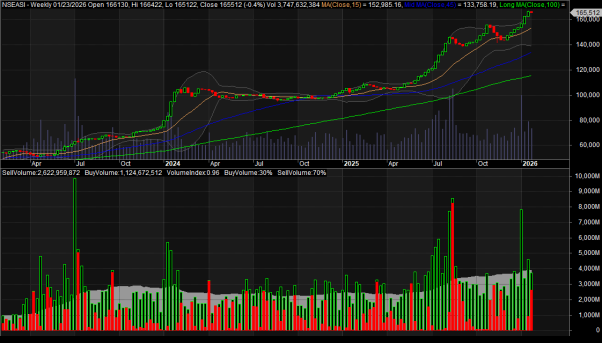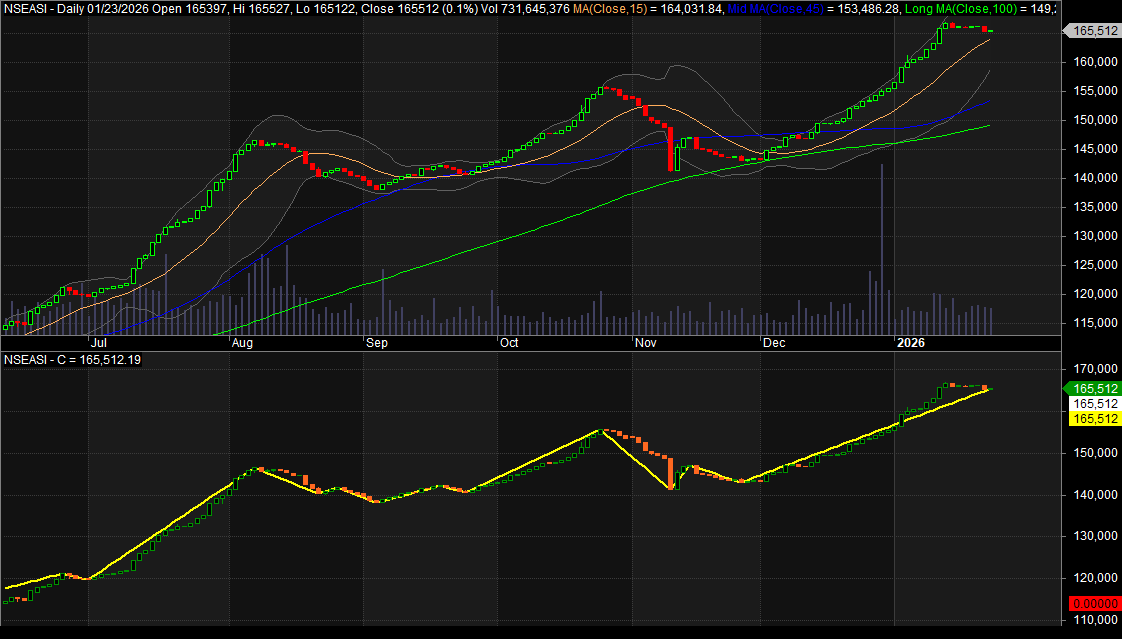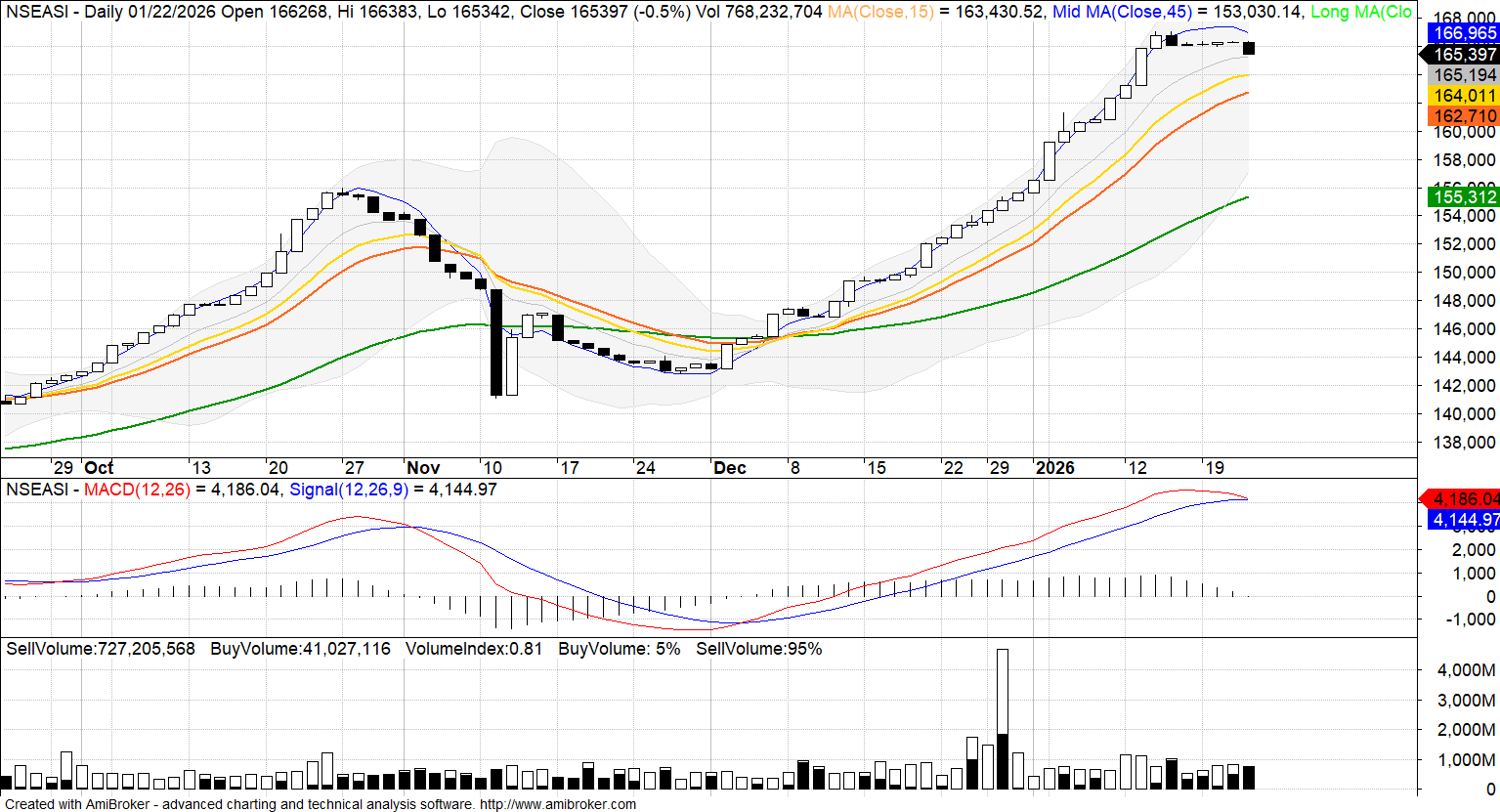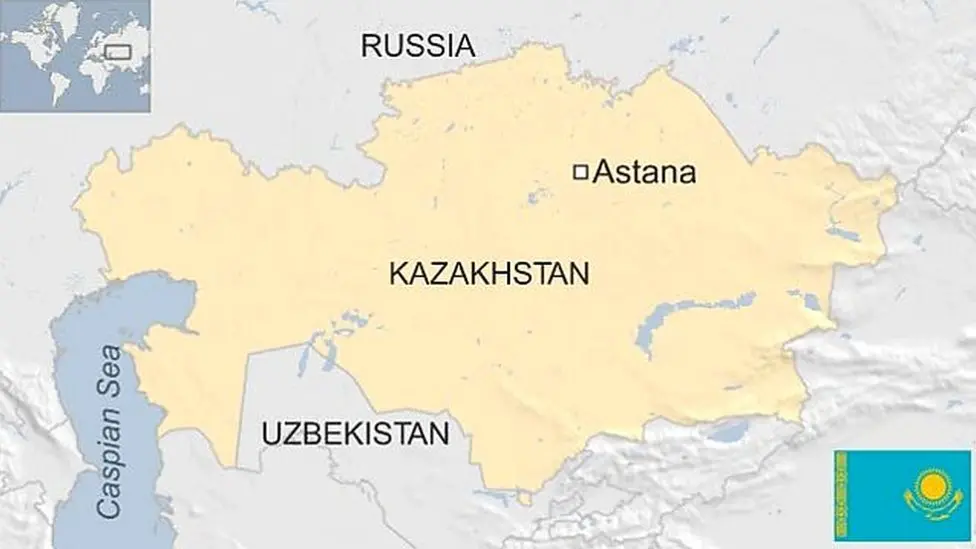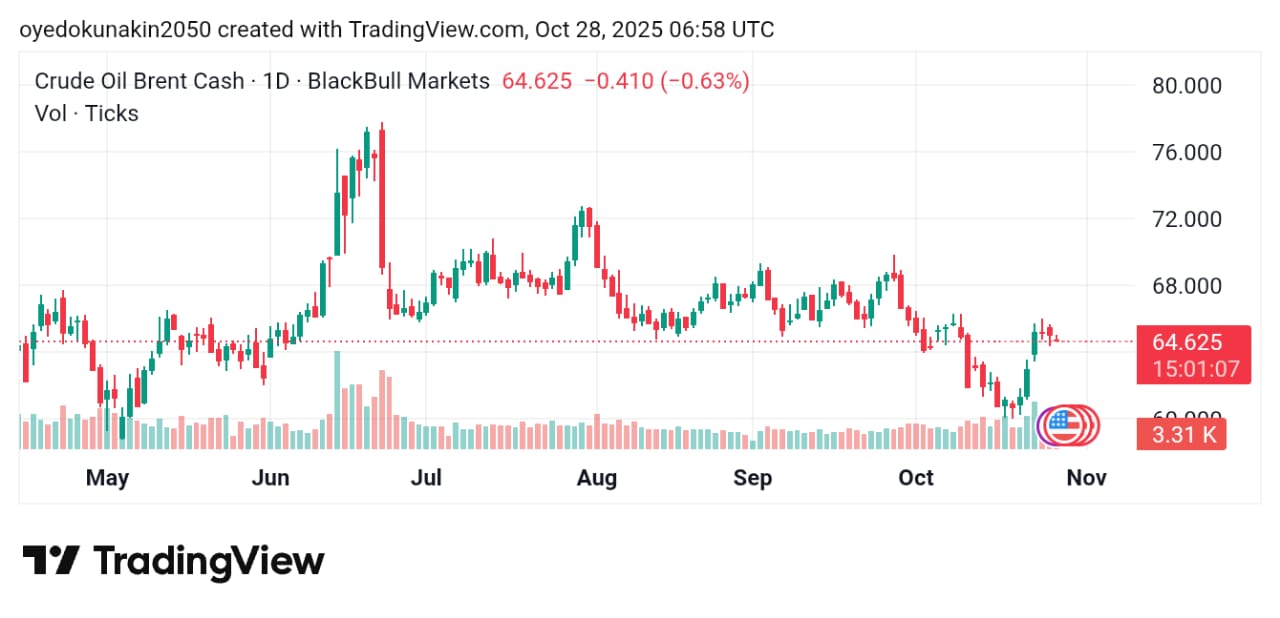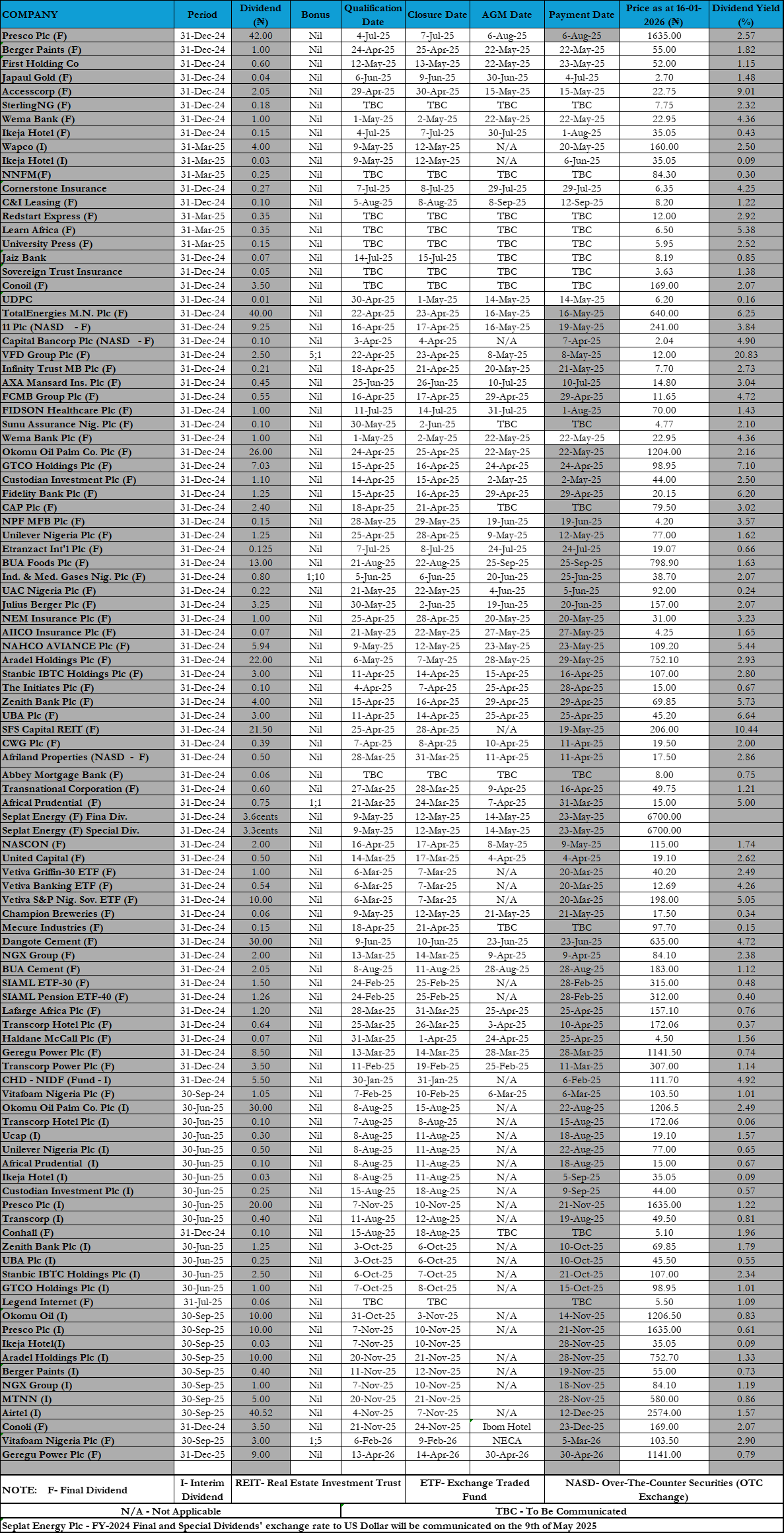
Akintunde Oyedokun
Research Analyst
Oil prices rose modestly Thursday, driven by a weaker U.S. dollar and uncertainty over OPEC+ output. Brent crude rose 43 cents to $66.55, while WTI gained 52 cents to $62.79.
Investors weighed mixed U.S. economic data, cautious Fed signals, and rising trade tensions. Meanwhile, geopolitical developments—including possible sanctions relief for Iran and the ongoing Russia-Ukraine war—added to supply uncertainty.
OPEC+ members are reportedly considering faster production hikes, as global markets remain volatile.
Spain’s Industrial Prices Drop in March on Cheaper Energy and Oils
Spain’s industrial prices fell by 3.9% in March from February, driven mainly by a 19.2% drop in electricity costs and lower oil and gas production expenses, the INE reported. The annual rate eased to 4.9% from 6.7%. Vegetable oil prices, particularly from olives, also declined 3.7%. Industrial price movements often signal future changes in consumer inflation, which slowed to 2.2% in March from 2.9% in February.
U.S. Jobless Claims Increase as Trade Uncertainty Rises
Unemployment claims edged up to 222,000 last week, signaling a stable job market. However, escalating trade tensions and President Trump’s erratic tariff decisions are creating economic instability.
Businesses are slowing hiring and planning layoffs, particularly in sectors affected by tariffs, like manufacturing and retail. Investment in business equipment remains stagnant, and the Fed reports growing caution among firms.
While the labor market remains largely unaffected for now, uncertainty looms, with markets cautiously optimistic for a potential easing of trade conflicts.
South Africa Drops VAT Increase Following Political Conflict, Faces Revenue Gap
South Africa has abandoned its plan to raise VAT by 1% after facing political backlash that threatened the stability of the ruling coalition. The proposal aimed to boost revenue but encountered resistance, particularly from the opposition DA, who argued it would burden struggling households. The decision to cancel the hike creates a projected revenue shortfall of 75 billion rand, prompting the finance ministry to reassess spending to ensure fiscal stability. The DA’s opposition, including legal challenges, highlighted a lack of trust within the coalition, leaving future governance uncertain.
Nigeria’s Q1 2025 Forex Inflows Reach $28.92 Billion, Boosted by Reforms
Nigeria’s foreign exchange inflows hit $28.92 billion in Q1 2025, up 18.68% from last year. Despite outflows rising to $13.72 billion, the net inflow was $15.20 billion, indicating stronger liquidity.
Reforms, including naira unification, have increased FX turnover to $8.1 billion monthly. The Central Bank’s market share is now just 2%, reflecting a shift to a more liberalized FX market. February saw the highest inflows at $6.92 billion, with March showing resilience despite a slight dip.


